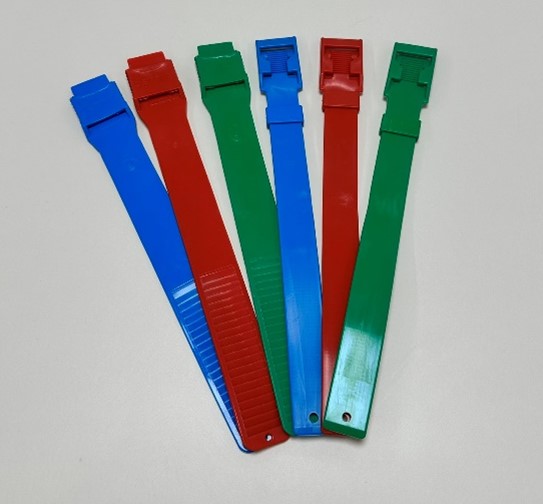The G7 has threatened to tighten sanctions against Russia without a ceasefire.

The G7 countries may impose additional sanctions against Russia if efforts to achieve a ceasefire are unsuccessful, reportsREUTERS . This was stated in a communiqué following a meeting of finance ministers and central bank governors from the G7 countries in Canada.
The meeting participants discussed that if hostilities continue, the G7 will explore all possible options, including "further strengthening of sanctions." One proposal put forward was, among other things, a reduction in the maximum price of Russian oil from the current $60 per barrel.
In addition, the meeting participants agreed to leave Russia's frozen assets untouched until military action ceases and Moscow pays for the damage caused to Ukraine .
Moscow considers any restrictions imposed by Western countries to be illegal and insists on their lifting.
In December 2022, the G7 countries, the EU , and Australia ( Switzerland joined in February 2023) approved a price cap on Russian oil. Companies from these countries were prohibited from providing transportation, insurance, and financial services for Russian oil if it was sold at a price above the established limit of $60 per barrel.
A similar measure affected petroleum products from Russia: the maximum price for diesel fuel was $100 per barrel, and for fuel oil, $45 per barrel.
Following Russia's military operation in Ukraine, the G7 countries, the European Union, and Australia blocked the property and accounts of sanctioned Russian entrepreneurs and officials, as well as the Russian Central Bank's cash and securities, totaling approximately €260 billion. More than two-thirds of this amount was frozen in the EU. The Russian Foreign Ministry stated that any action against the frozen assets would be perceived as "theft" and threatened a harsh response.
As part of the Ukraine conflict resolution process, Putin and Trump held a conversation on May 19. It was the third since the Republican returned to the White House. The presidents discussed the conflict in Ukraine and bilateral relations. The conversation took place several days after direct talks between Russia and Ukraine in Istanbul—the first in three years.
Earlier, on May 20, the European Union imposed its 17th sanctions package against Moscow. It included seven Chinese companies, two from the UAE, and one each from Belarus and Turkey. The Estonian Foreign Ministry announced restrictions against 189 vessels that are part of Russia's "shadow fleet." The United Kingdom expanded its sanctions that same day .
ReadPIONERPRODUKT .by inTELEGRAM .




























































